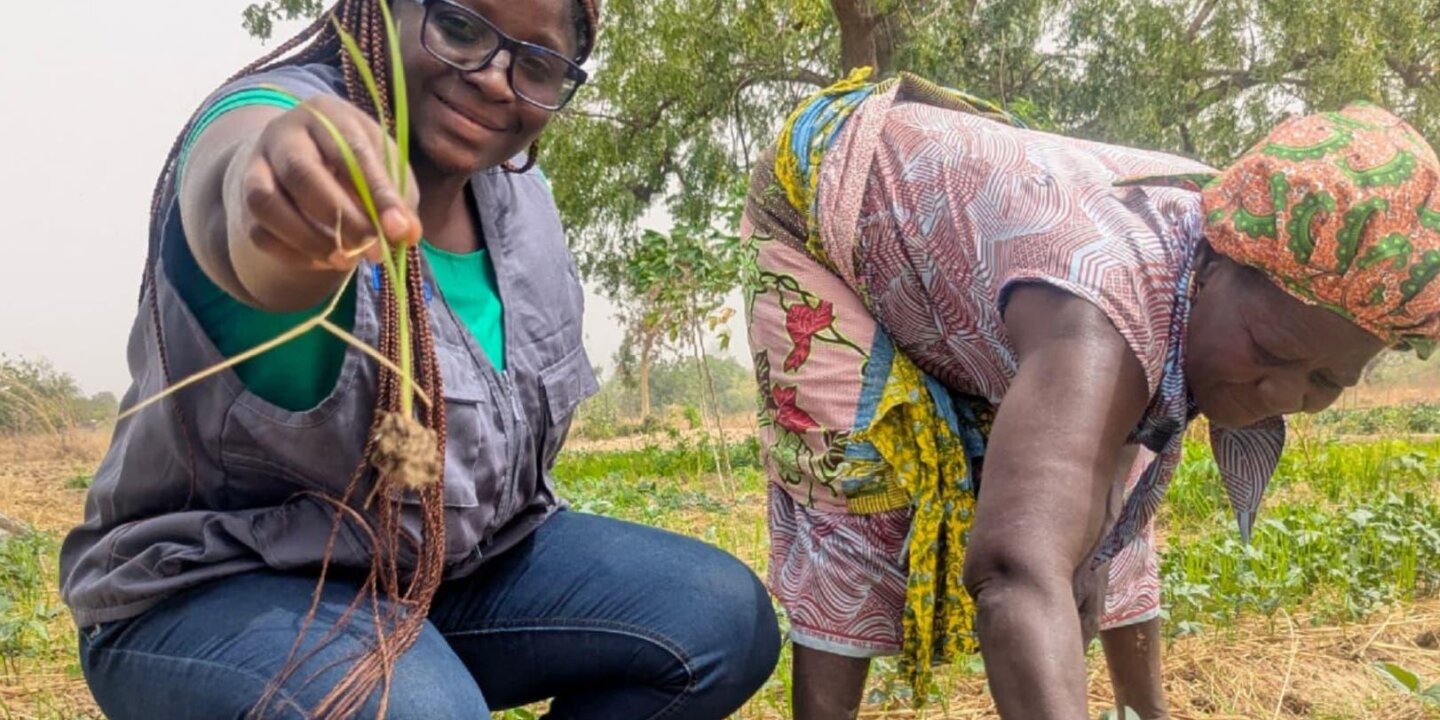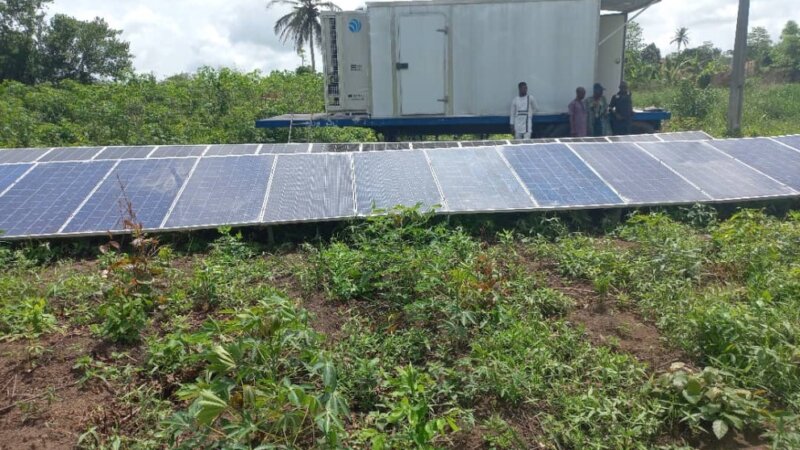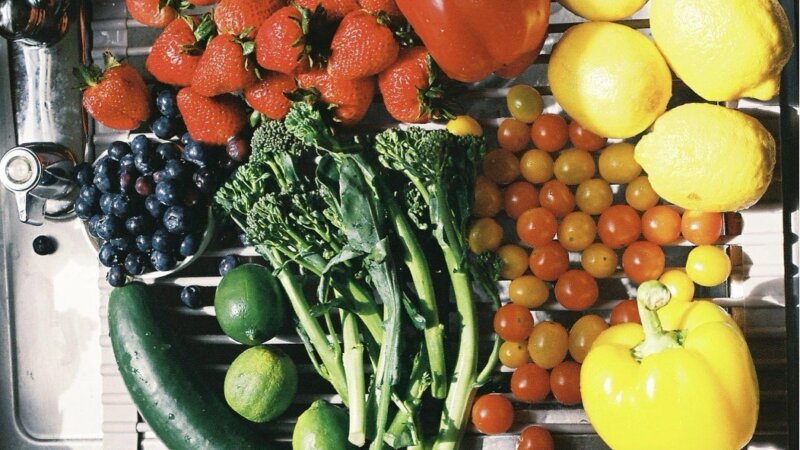More Than Participants: Women and Youth as Changemakers in Food Systems

Rebecca with a farmer in the Upper West Region, Ghana, holding a rice seedling – February, 2025.
Rebecca Mansah Amedonu is a young agricultural economist working at Ghana’s Ministry of Food and Agriculture, with a passion for agriculture and agribusiness. She believes a resilient food system begins with people. Participant of the 2025 food systems e-course, Rebecca writes this blog to highlight why women and youth are key to shaping our food future.
When we think about what makes food systems work, we often picture seeds, soil, weather, and tools. But behind every harvest and every cooked meal are people – especially women and youth. They’re not just participants in agriculture; they’re producers, innovators, traders, and decision-makers. Yet, their contributions often go unrecognised, and the challenges they face are largely overlooked.
A Resilient Food System Starts with Women
In Ghana and many parts of the world, women make up nearly half of the agricultural labour force. On a recent visit to Ghana’s Upper West Region, I met a group of remarkable women who juggle farming, food processing, and family care – all in a day’s work. Their efforts drive not only household food security but entire local economies.
But these women face significant hurdles. Access to tractors and other farming tools is limited, often controlled by men. Land ownership, financial services, and training opportunities are out of reach for many. These gaps don’t just limit women’s potential – they weaken the food system as a whole.
Supporting women starts with the basics: secure land rights, access to credit, and training in climate-smart agriculture. When women are part of cooperatives or agribusiness value-chains, they gain market access, support systems, and a louder voice. The FAO estimates that closing the gender gap in agriculture could reduce global hunger by 150 million people. That’s not just improvement – that’s transformation.
Youth: the Spark of Innovation
With over 60% of Africa’s population under 25, young people are reshaping what agriculture looks like. What was once viewed as outdated is now a space for innovation. In Ghana, AgriTech startups and digital platforms like Farmerline, AgroCenta, and the GhAAP Farmer App are connecting farmers with markets, information, and financial services. It’s not just modernizing farming – it’s creating jobs and building a sustainable future.
While passion is a powerful driver, it alone isn’t enough. We need land, affordable financing, mentorship, and enabling policies. With the right support, youth can turn agriculture into a dynamic, job-creating sector that feeds the world and protects the planet.
Shared Impact, Shared Future
The food systems e-course helped me see this more clearly. Through stakeholder analysis and systems mapping, I realised not only how often women, youth, and smallholder farmers are left out – but also how we can bring them in more meaningfully: by creating spaces where their voices are heard, designing inclusive training, and removing barriers to land, finance, and markets.
When women and youth are empowered, transformation follows. Youth bring energy, technology, and fresh thinking. Women offer deep knowledge, leadership, and resilience. Together, their inclusion strengthens food systems, communities, and economies.
The future of food doesn’t depend on more machines or more chemicals – it depends on people. Let’s stop seeing women and youth as beneficiaries. They are leaders. Builders. Changemakers.
Author

Rebecca Mansah Amedonu
e-course participant




